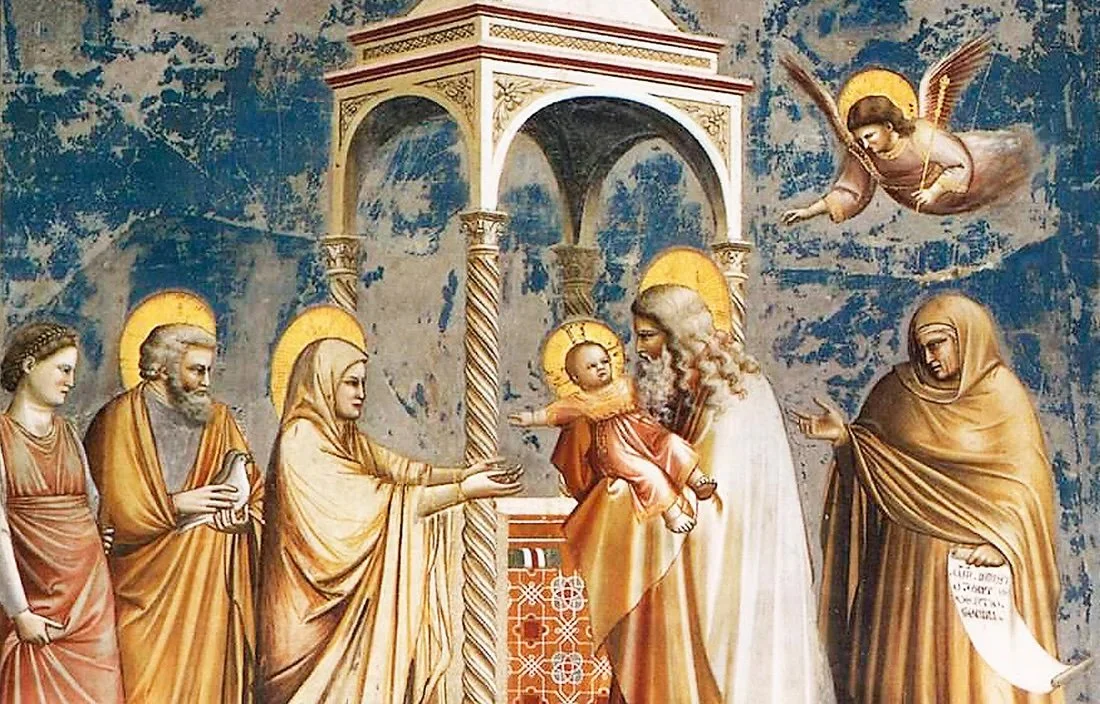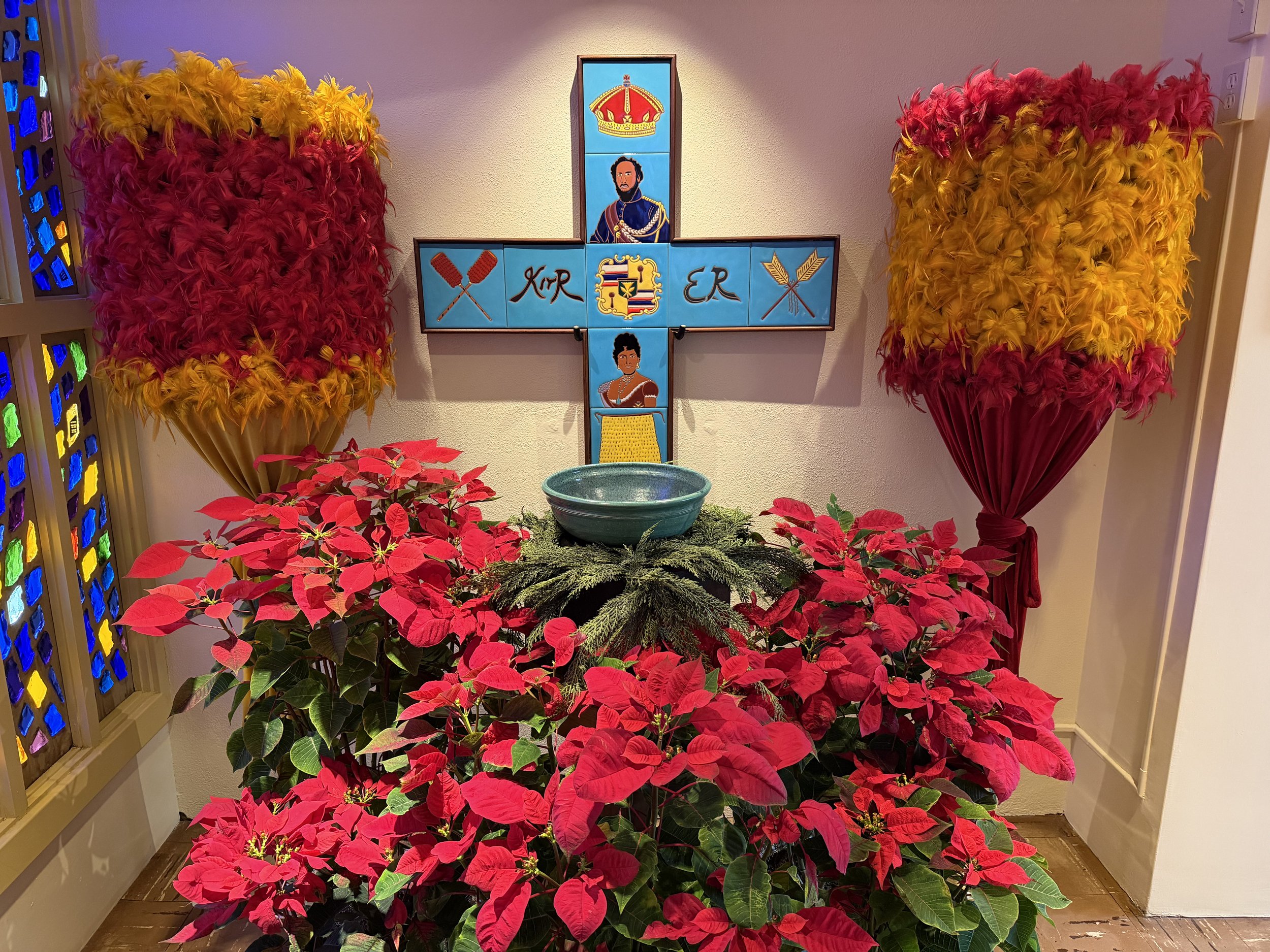From the Rector: Shrovetide and the Gesima Sundays
/17 February 2022
Ash Wednesday is approaching quickly, so now is the time to prepare for a Holy Lent.
In previous liturgical calendars the three Sundays before Ash Wednesday were the Gesima Sundays - Septuagesima (70 days before Easter), Sexagesima (60 days), and Quinquagesima (50 days). The math does not add up properly due to seven day weeks, but the point is made nevertheless. Modern reforms of the liturgy did away with these titles, but aspects of them still linger. Historically the alleluias would already be suppressed on these Sundays, and the color would change to violet. These pre-Lent Sundays were a way to help the faithful prepare for observing a holy Lent.
Current liturgical calendars keep the alleluias until the Last Sunday before Lent, and the color of the vestments remains green until Ash Wednesday. However, the gesima terminology is still helpful in reminding us to prepare for Lent. The Church of England has retained some of the character of the Gesima Sundays as they name these Sundays as "before Lent," whereas the Episcopal Church has chosen to follow the Roman custom of observing these Sundays as "after the Epiphany" or "ordinary time." However we observe Gesimatide, the question remains: what are you going to do for Lent? Ash Wednesday is March 2.
One more thing. Sometimes these weeks prior to Ash Wednesday are called Shrovetide. As observed at St. Mark's, the Tuesday before Ash Wednesday is termed Shrove Tuesday, and on this day we have a festive supper of pancakes, sweets, and breakfast foods. Shrovetide has many customs including the burning of the previous year's palms of Palm Sunday for the ashes of Ash Wednesday, the practice of confessing one's sins and receiving absolution, the eating of sweets, the finalizing of one's Lenten disciplines, and the ritual of burying the alleluias until the Great Vigil of Easter. As for etymology, "to shrive or to be shriven" points to the practice of confession with a priest.
I have heard stories about people being told they have dirt on their foreheads after the Ash Wednesday services. Some have had people wipe off their ashes without any invitation to do so. Sometimes it is even Christians who do this to other Christians, and when it is explained that the "dirt" was ashes, the fellow Christian realizes they missed Ash Wednesday. Make use of this time so that you may avoid being that "well-intentioned" Christian who wipes off the ashes of other Christians.
Father Paul Lillie +
Rector
St. Mark’s Episcopal Church, Honolulu








